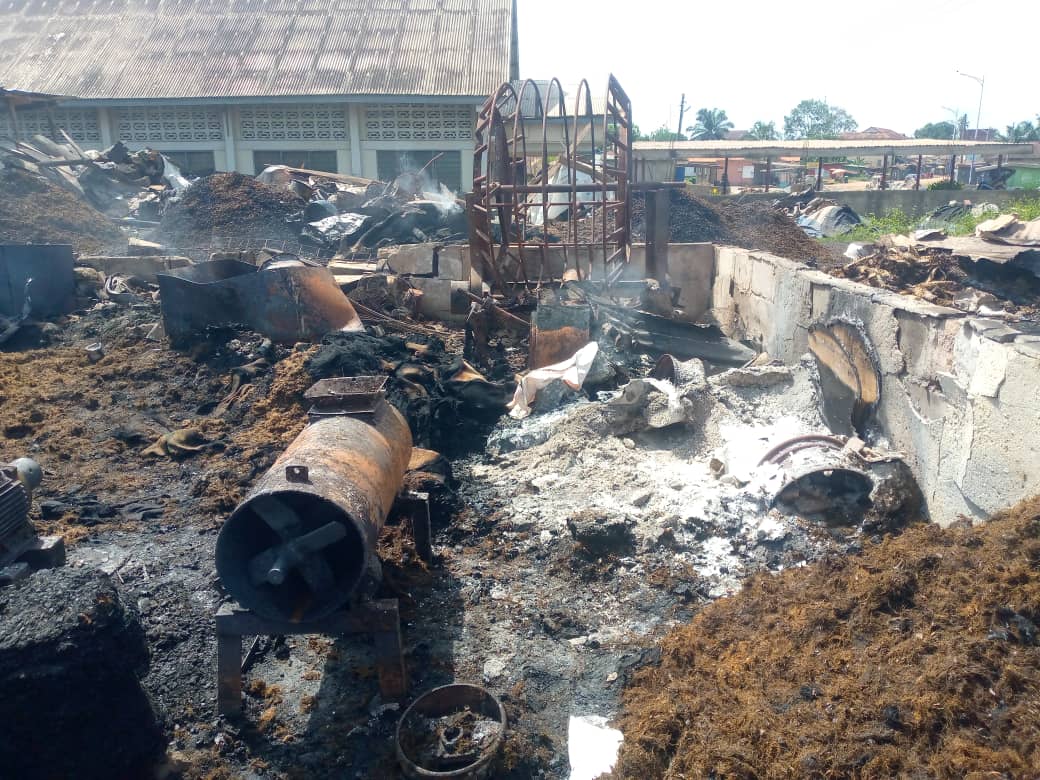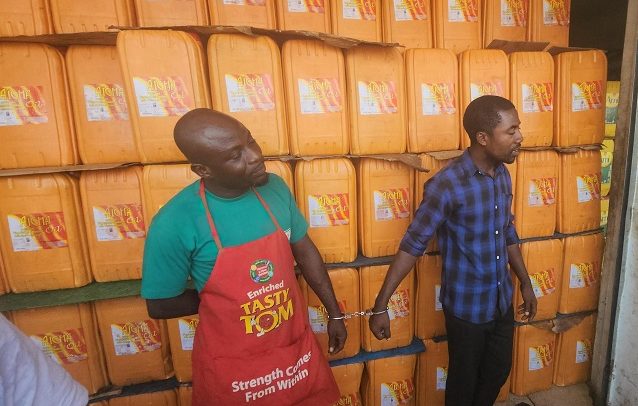
By Wisdom JONNY-NUEKPE
Climate change and extreme weather conditions are taking a toll on oil palm growers and global price volatility in the sector is likely to persist—or even worsen—posing a threat to the growth of the domestic industry, development organisation Solidaridad has warned.
As a civil society organisation promoting sustainable production and trade across the continent, Solidaridad notes that prevailing weather and climatic conditions have created instability in farmers’ incomes—enabling them to earn a living wage in one season, while leaving them struggling to make ends meet in another.
In its Palm Oil Barometer 2024, Solidaridad noted that the palm oil sector faces growing sustainability demands, with responses to global requirements often leading to smallholder farmers’ exclusion from the most profitable markets.
The report indicated that Ghana’s minimum pricing policy for oil palm has successfully curbed years of price exploitation while significantly improving livelihoods in rural farming communities.
However, Solidaridad emphasised that to build a resilient oil palm sector, regulators such as the Tree Crop Development Authority (TCDA) must safeguard farmer livelihoods by enforcing existing voluntary standards that align with global market requirements.
Price volatility
Over the past four years, oil palm prices have fluctuated significantly – rising from US$576 per tonne in May 2020 to a peak of US$1,776 in March 2022, before falling below US$1,000 in 2023 and the following year.
According to the United Nations Conference on Trade and Development (UNCTAD), the price volatility of vegetable oils – including palm oil – significantly increased between 2020 and 2023, compared to the 2016–2019 period.
The fluctuations, according to Solidaridad, mean that farmers’ income has become more unpredictable – making it difficult to plan.
Indeed, with current low yields and small farm sizes in Ghana, it is evident that the average oil palm farmer cannot earn a living income.
Since 2023, fresh fruit bunch (FFB) collectors and mills in Ghana have been mandated to pay no less than the monthly minimum price set by the Tree Crop Development Authority (TCDA) and endorsed by government.
Although prices have remained relatively strong and competitive in recent years, smallholders continue to struggle to earn a living income—largely due to average farm sizes of just two hectares and persistently low yields.
Nevertheless, Solidaridad’s monitoring indicates that the pricing policy has introduced much-needed transparency into Ghana’s palm oil supply chain.
As of mid-2024, industry observers highlight that the policy’s success stems from its collaborative approach. Rather than imposing unilateral price controls, government engaged processors in setting viable benchmarks that protect farmers while ensuring commercial sustainability.
The post Oil palm sector faces sustainability crisis, as climate, market shocks persist appeared first on The Business & Financial Times.
Read Full Story





















Facebook
Twitter
Pinterest
Instagram
Google+
YouTube
LinkedIn
RSS